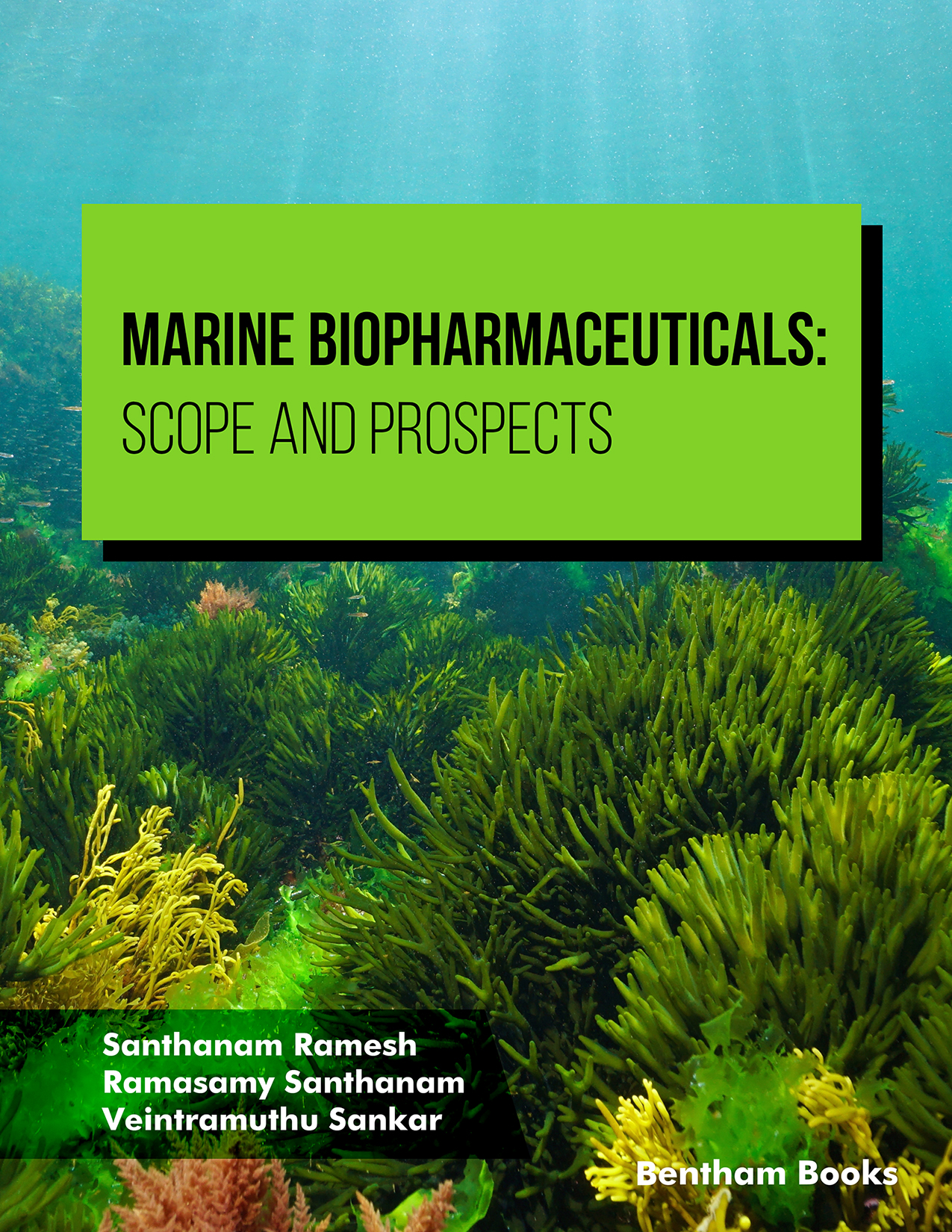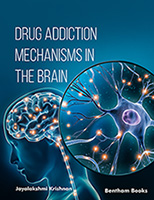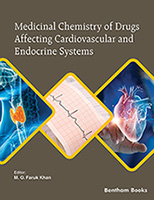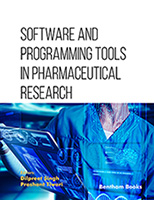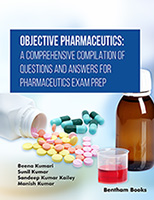Introduction
Marine Biopharmaceuticals: Scope and Prospects is a collaboration of experts in pharmacology, biology and biochemistry with a focus on Marine Bioprospecting. The book provides an in-depth exploration of promising pharmaceutical compounds found in various marine biota and their therapeutic applications. The comprehensive contents cover marine ecosystems, marine biopharmaceutical, and delve into the chemistry and therapeutic applications of compounds from diverse marine organisms such as seaweeds, sponges, cnidarians, bryozoans, worms, shellfish, tunicates, and fishes.
The chapters also highlight approved and marketed marine biota-derived drugs and marine biota-derived drug candidates currently under clinical trials. Marine biopharmaceutical compounds targeting SARS-CoV-2 are also covered, reflecting the latest developments in the field. The editors conclude the book by advocating for the establishment of professional grade Marine Biopharmacy courses at university level to contribute to this emerging field.
This reference serves as a guide for researchers and instructors in disciplines such as Pharmaceutical Sciences, Marine Biology, Marine Microbiology, Marine Biochemistry, and Marine Biotechnology. Moreover, it is positioned as a standard reference for libraries in colleges and universities, offering critical insights for drug companies engaged in the development of new drugs from marine biopharmaceuticals.
Readership
Academics, instructors and professionals in the field of pharmacology and marine science.

